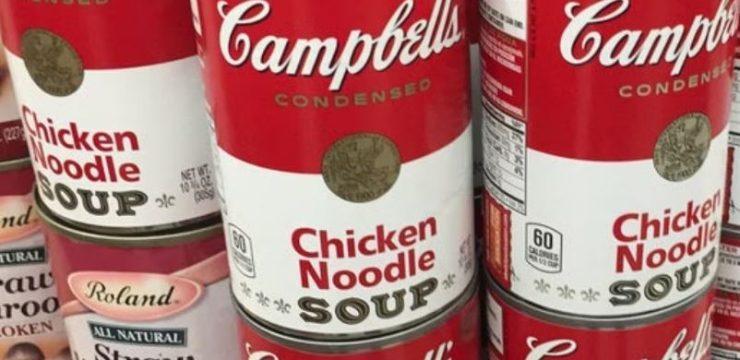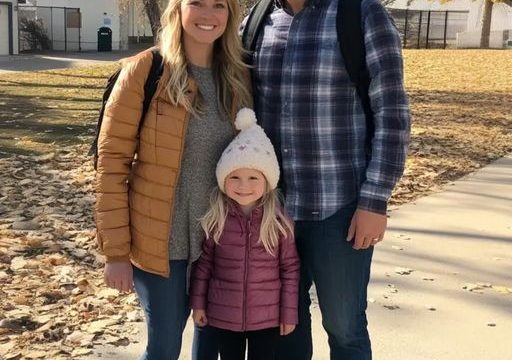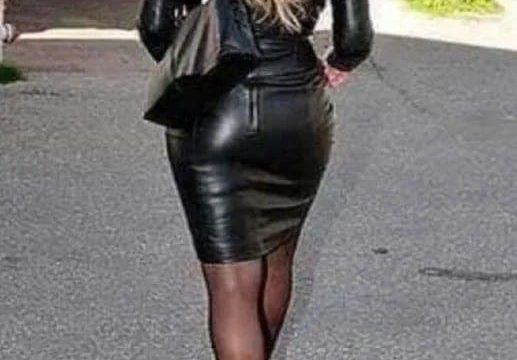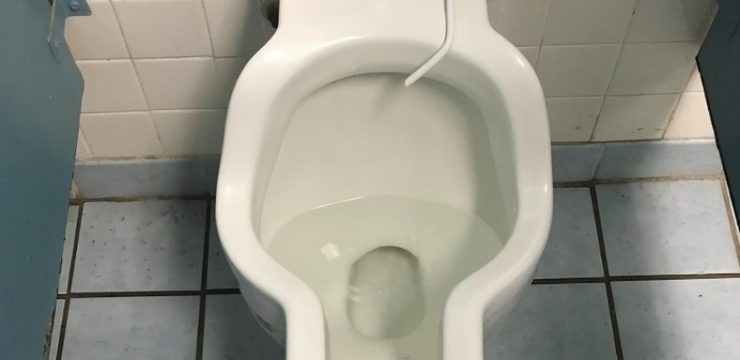Thanksgiving dinner is often a time for joy and togetherness, a chance to reconnect and express gratitude with loved ones. This year, however, our Thanksgiving celebration turned into an unexpected and life-changing moment for our family. What began as a perfectly orchestrated gathering unraveled into a revelation no one saw coming.
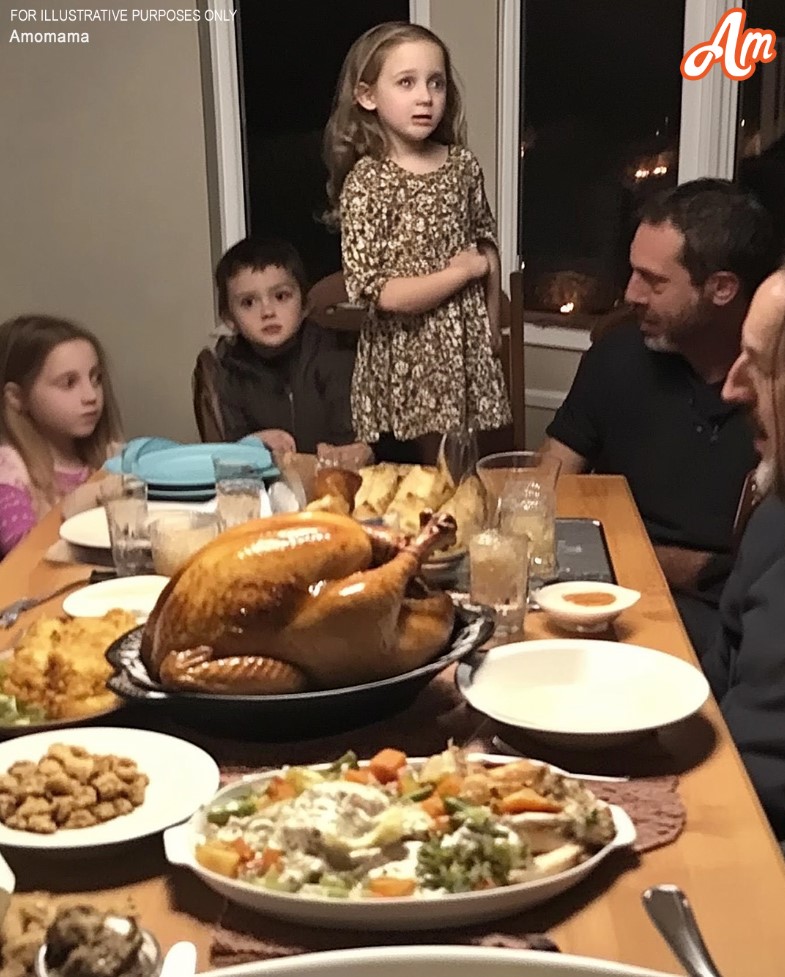
The day had started beautifully. The table was set with our finest china, the rich aroma of roasted turkey filled the house, and laughter echoed in every corner. Peter, my husband, was busy ensuring the turkey was perfect, while I focused on making everyone feel at home. Our eight-year-old daughter, Emma, however, seemed distracted. She fidgeted with the hem of her dress, glanced nervously out the window, and avoided Peter’s cheerful attempts to engage her.
I noticed her odd behavior but dismissed it as excitement for the meal or her cousins’ arrival. As the turkey was brought to the table and we prepared to carve, Emma’s small voice rose unexpectedly above the chatter. Standing on her chair, she demanded everyone’s attention.
“And where is SHE?” Emma shouted, her voice cutting through the lively conversation.
A stunned silence fell over the room. My heart sank, and confusion clouded my thoughts. “Who are you talking about, sweetheart?” I asked, trying to keep my voice steady.
Emma’s eyes bore into Peter. “The woman Dad keeps hidden in our shed!”
The words hit like a thunderclap. Shock rippled through the room as every pair of eyes turned to Peter, whose face had gone pale. Murmurs spread among our guests, their expressions a mixture of disbelief and curiosity. Trying to calm the situation, I forced a smile. “Emma, you must be mistaken—”
But Emma didn’t back down. “No, Mom! I saw her last week. She’s in the shed right now, and Dad goes to see her when you’re at work.”
Peter’s discomfort was undeniable as he avoided everyone’s gaze. After a long pause, he finally spoke. “Emily, we need to talk,” he said quietly, motioning for me to follow him outside.
My heart pounded as we walked toward the shed, the structure that had always been a simple storage space for tools and gardening supplies. But with every step, an inexplicable sense of dread grew heavier.
Peter hesitated at the door, his hand trembling on the handle. “I didn’t want you to find out like this,” he said, his voice low and heavy with regret. He opened the door, and there, in the dim light, sat a woman.
She looked to be in her fifties, her face lined with hardship and weariness. Her clothes were worn, her gray-streaked hair loose around her shoulders, and her expression a mix of shame and sadness.
“Who… who is she?” I stammered, barely able to get the words out.
Peter took a deep breath. “Emily, this is Janet. She’s… my biological mother.”
The revelation hit me like a bolt of lightning. “Your mother? But you told me she was… gone.”
Peter nodded, his face etched with guilt. “That’s what I told everyone. She abandoned me when I was a child, and I was put up for adoption. A few months ago, I found her begging near my office. She was homeless and struggling. I couldn’t just walk away, but I didn’t know how to tell you.”
Janet spoke for the first time, her voice trembling. “I didn’t mean to cause trouble. I told Peter not to worry about me, but he insisted on helping.” Her frailty softened the anger rising inside me.
“What was your plan, Peter?” I asked, fighting back tears. “Were you ever going to tell me?”
Peter looked down. “I didn’t know how,” he admitted. “I was afraid of what you’d think—about me, about her. I thought I could handle it without turning our lives upside down.”
Taking a deep breath, I turned to Janet. “You don’t have to stay here. If you need help, we’ll figure something out. But hiding isn’t the answer.” Her tearful gratitude reminded me of the strength it takes to ask for help.
Back at the house, the atmosphere was heavy with tension. I introduced Janet as Emma’s grandmother, and though Peter’s adoptive parents looked bewildered, the rest of the family welcomed her warmly. Emma, curious as ever, approached Janet. “Are you really Dad’s mom?”
Janet nodded, offering a small, tentative smile. “Yes, sweetheart. I’m your grandma.”
Emma’s face lit up. “Does that mean you’re staying for Thanksgiving?”
Janet hesitated, glancing at me. I nodded. “Yes,” I said. “She’s staying.”
Emma climbed into her grandmother’s lap, wrapping her arms around her as if they had known each other forever. I reached for Peter’s hand, squeezing it gently. “Family is family,” I whispered. “And I’m thankful we’re together.”
That evening, as we raised our glasses, we toasted not just to Thanksgiving, but to second chances, forgiveness, and the messy, imperfect love that holds families together. It was a Thanksgiving unlike any other, one that reminded us of the power of acceptance and the strength of unity.
